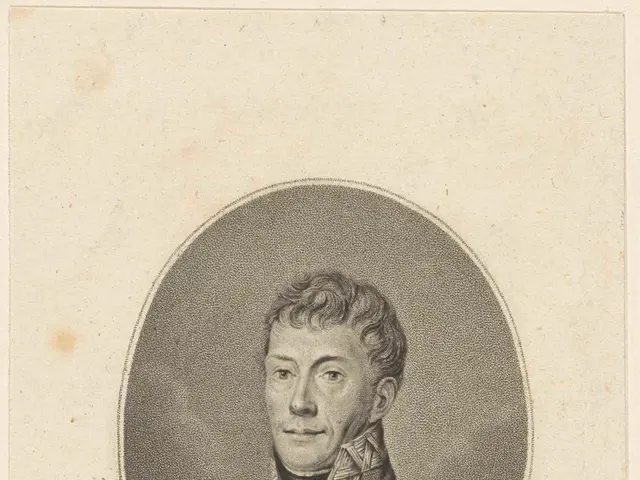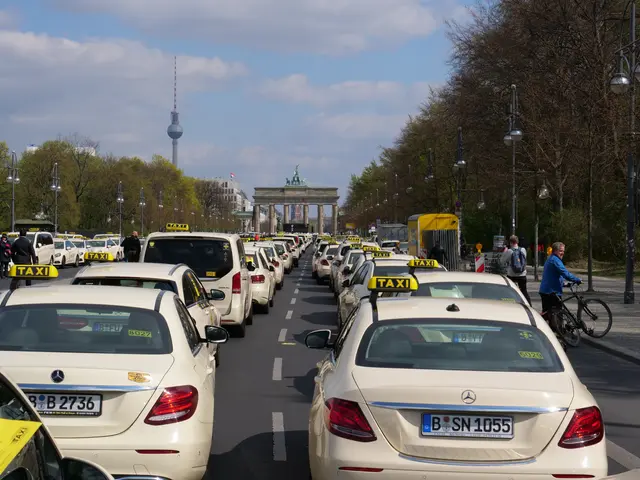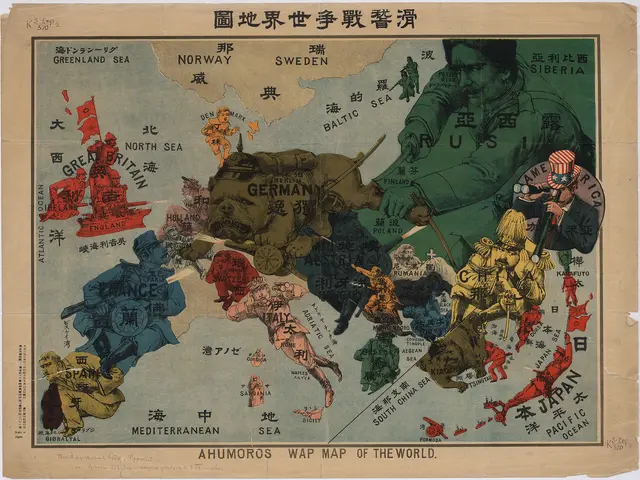Contesting Views on Singapore's Election: One Narrative Suggests Weaker Cabinet if PAP Loses Seats, Another Argues for a Balanced Parliament if Opposition Gains Seats
Singapore's Election Drama
Unleash the memes, Singapore! From jokes about being straight, sunrises, and a fiery debate spiced with profanities – it was a rollercoaster of a campaign season. But the real heat was around the controversial topics: the hike in the Goods and Services Tax (GST) and the aborted sale of NTUC Income to Allianz.
Candidates went head-to-head discussing the impact of the increased tax rate and the support vouchers distributed as a compensatory measure. The opposition, however, persisted in their call for a balanced parliament, emphasizing the importance of having members to keep the government in check and drive improvement.
The Candidates
Lawrence Wong, the incumbent, addressed the voters in Punggol, warning them that if they chose the opposition, they would indeed gain alternative voices in parliament, but at the cost of weakening his team. The team has already lost four senior ministers - Tharman Shanmugaratnam, who vacated his position to become the country's president, and three cabinet members who retired before the election.
The Opposition Voices
The opposition, led by the Workers' Party (WP) and Progress Singapore Party (PSP), placed the need for a balanced parliament at the forefront of their campaign. WP chairperson Sylvia Lim argues Singaporeans are ready for a "First World Parliament" with more opposition MPs to ensure scrutiny. Even if all WP candidates won, she highlights, the People's Action Party (PAP) would still be in the position of power, but with "well-qualified, dedicated, and independent" oversight.
Meanwhile, WP chief Pritam Singh asserts that only elected opposition MPs can effectively pressure the government. He dismisses Non-Constituency MPs as insufficient, citing their lack of constituency roots and historical role as a "checking mechanism" that slows down opposition momentum.
On the other hand, Tan Cheng Bock, chairman of the PSP, contends that increasing opposition representation would not weaken governance but invigorate parliamentary debate, especially in constituencies where his party is campaigning, such as West Coast-Jurong West GRC. Both parties vehemently reject the notion that the Non-Constituency MP scheme alone is sufficient to guarantee accountability. They firmly believe that elected opposition MPs are indispensable for meaningful checks and balances.
- Lawrence Wong, amidst the election drama in Singapore, warned voters in Punggol that choosing the opposition might lead to a weakening of his team, given the recent exit of senior ministers.
- The opposition parties, led by the Workers' Party (WP) and Progress Singapore Party (PSP), argued for a balanced parliament to ensure scrutiny, with WP chairperson Sylvia Lim advocating for a "First World Parliament" with more opposition MPs.
- WP chief Pritam Singh contends that only elected opposition MPs can effectively pressure the government, dismissing Non-Constituency MPs as insufficient due to their lack of constituency roots.
- Meanwhile, Tan Cheng Bock, chairman of the PSP, believes that increasing opposition representation would invigorate parliamentary debate, particularly in the constituencies where his party is campaigning.
- Both the WP and PSP vehemently reject the notion that the Non-Constituency MP scheme alone is sufficient to guarantee accountability, instead firmly believing that elected opposition MPs are indispensable for meaningful checks and balances in policy-and-legislation, economics, politics, general-news, and insurance sectors.







